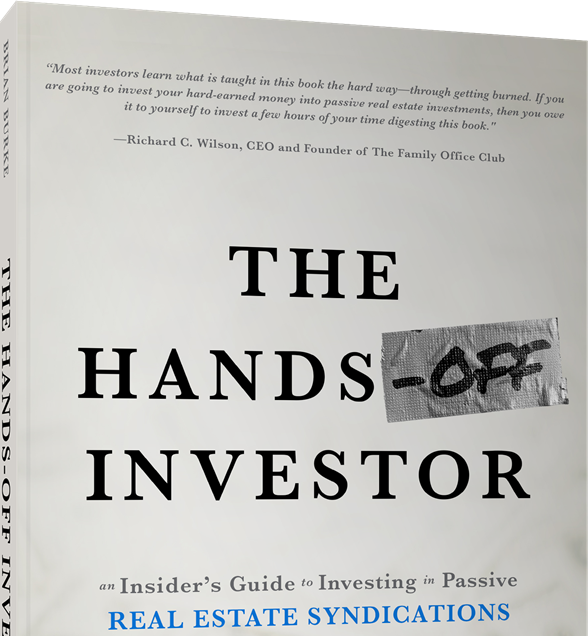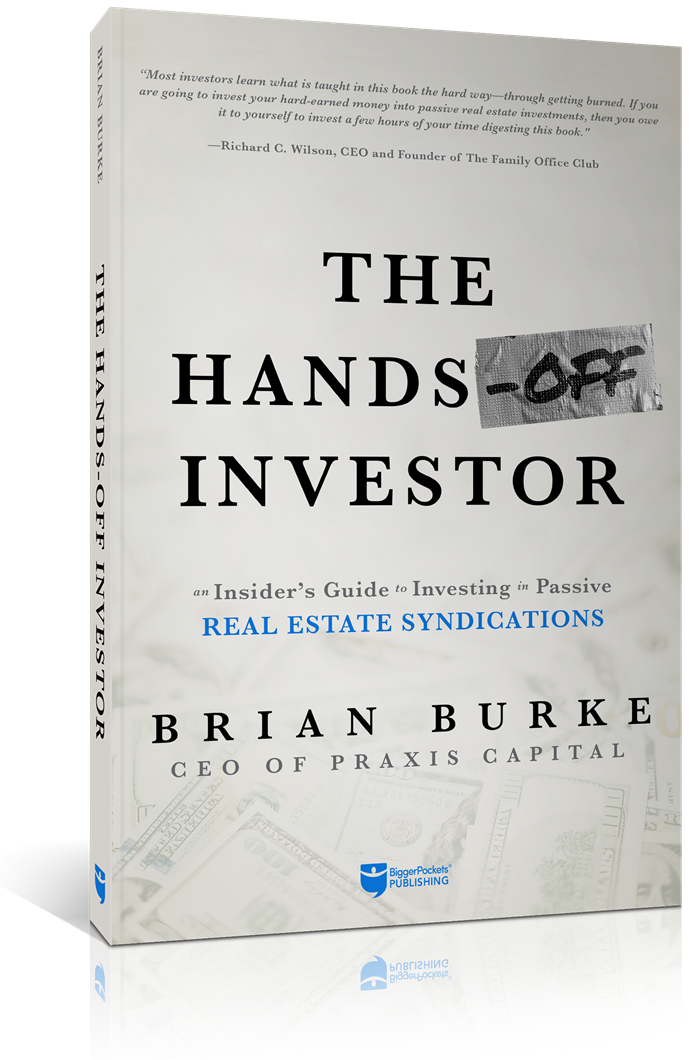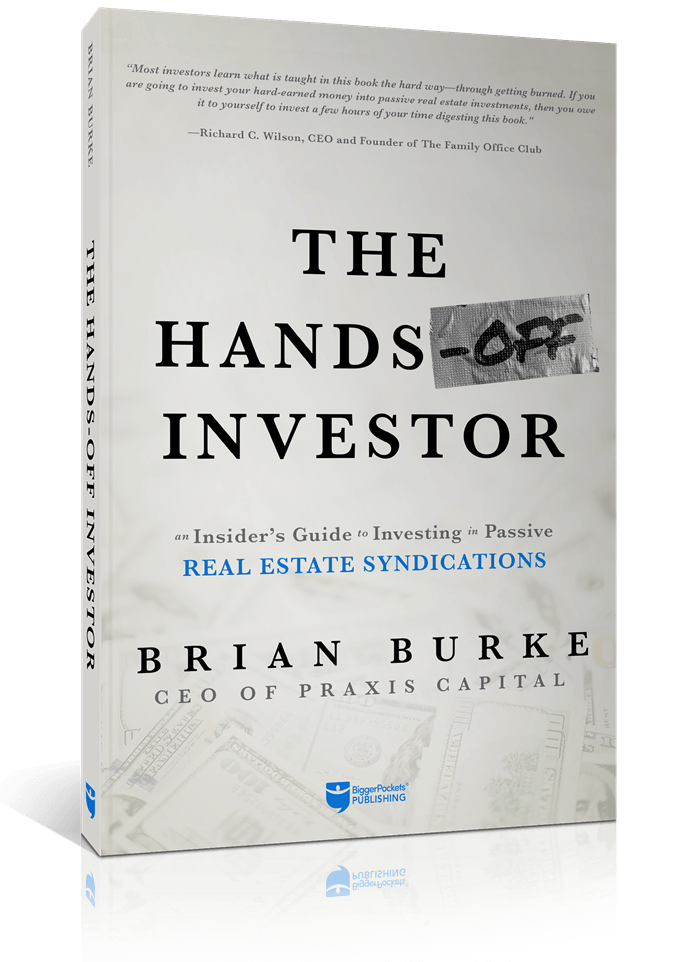Real Estate Stocks Vs. Private Equity Funds Vs. Being A Landlord

Real estate is an essential part of every individual, family, and corporate financial plan. The big question many have today is what’s the best way to invest in it?
Reality DIY shows may make house flipping and being a landlord seem glamorous. Tech convenience and new apps can make the ease of investing and robo investing online seem alluring. So, what’s the real reality about these options, and what’s best for your own portfolio?
Publicly Traded Real Estate Stocks
Investing through publicly traded stocks online has become seductively easy for most retail end investors.
Now with automated and robo trading, and the media highlighting every little lift in stock indices, this can seem like an effortless way to invest. Including to participate in some form of real estate.
What most overlook are the risks associated with this. The tradeoff is having no control over your asset value and performance, no physical, tangible assets to collateralize your investment, and no diversification from your other stock market and similar investments. All of which can be hyper volatile due to emotional trading and tech glitches.
If you want to invest in real estate, this is probably not the way to do it.
Being A Landlord
Reality TV shows of others buying, renovating, and leasing or flipping homes can be inspirational.
Of course, TV entertainment glosses over most of the actual reality of what it’s like to attempt being a DIY flipper or self-managing landlord.
It can be more than a full-time job, without the buffer of a professional to insulate you from the many legal liabilities and risks this industry has.
Direct ownership can have its advantages, yet, without at least five years of hands-on experience, at high volumes, there are many pitfalls which can bankrupt you.
Private Equity Funds
Real estate partnerships, syndications, and private equity funds offer an alternative to the above methods of investing.
While there are many variations of these structures, and different operators, these offer a happy medium between hands-on DIY investing, and just abdicating your investments to the markets and bots.
With this type of investment, there is typically hard underlying brick and mortar collateral for downside protection, and less of a rollercoaster of value, as you enjoy real diversification, and real professionals to manage every aspect of selecting, negotiating, acquiring, managing, and timely disposition of specific assets.
Before you make your next investment, be sure you know all your options, and how they differ.




























